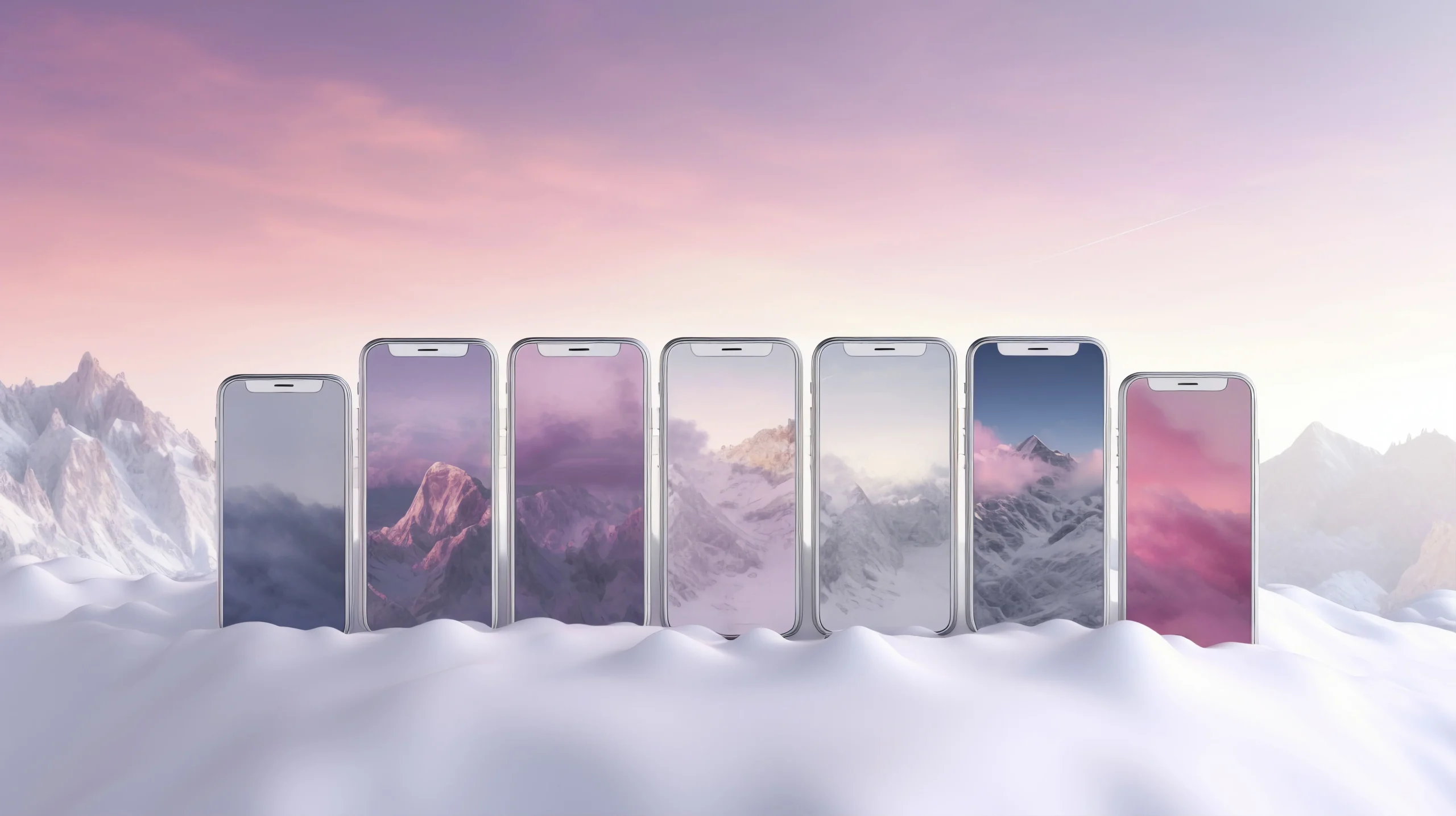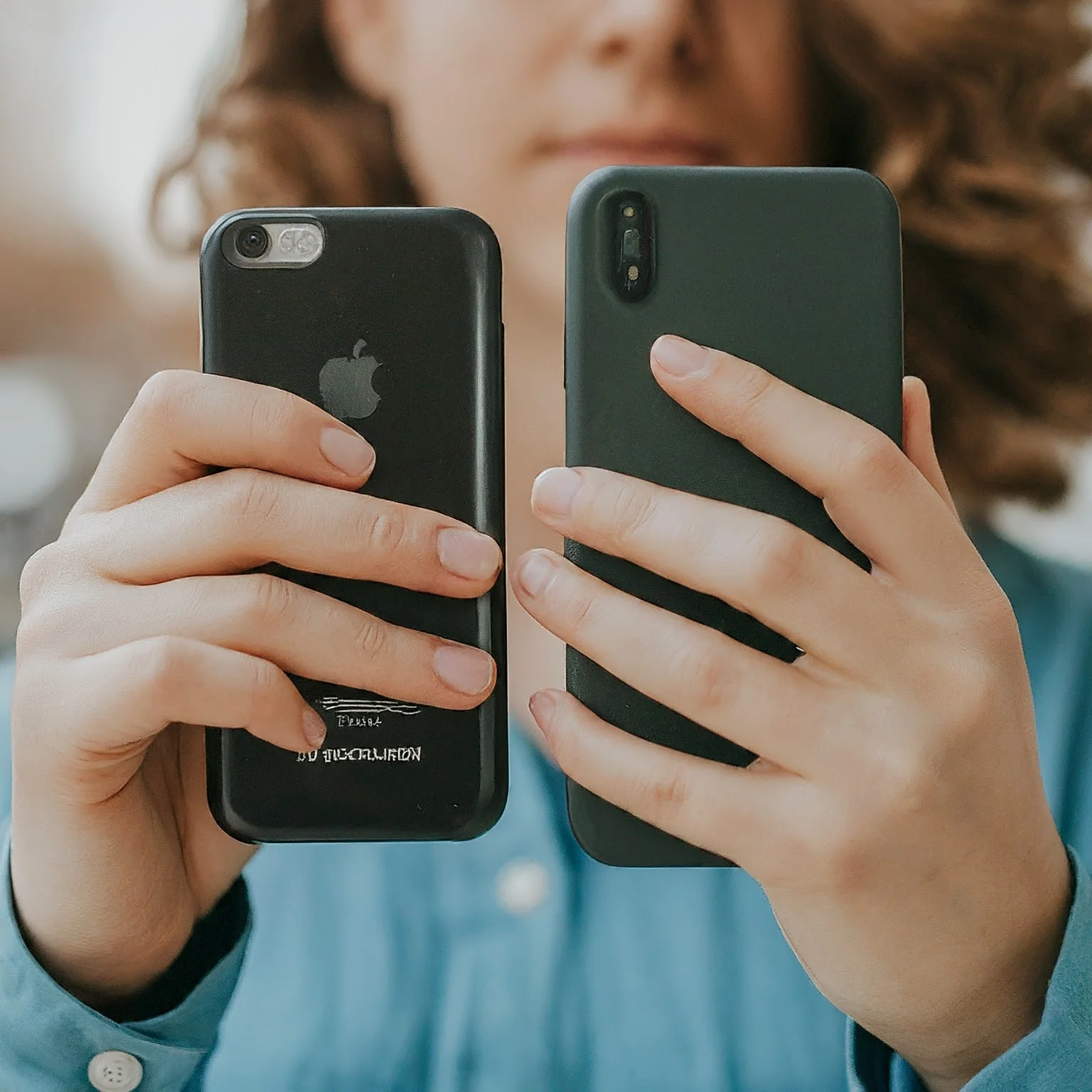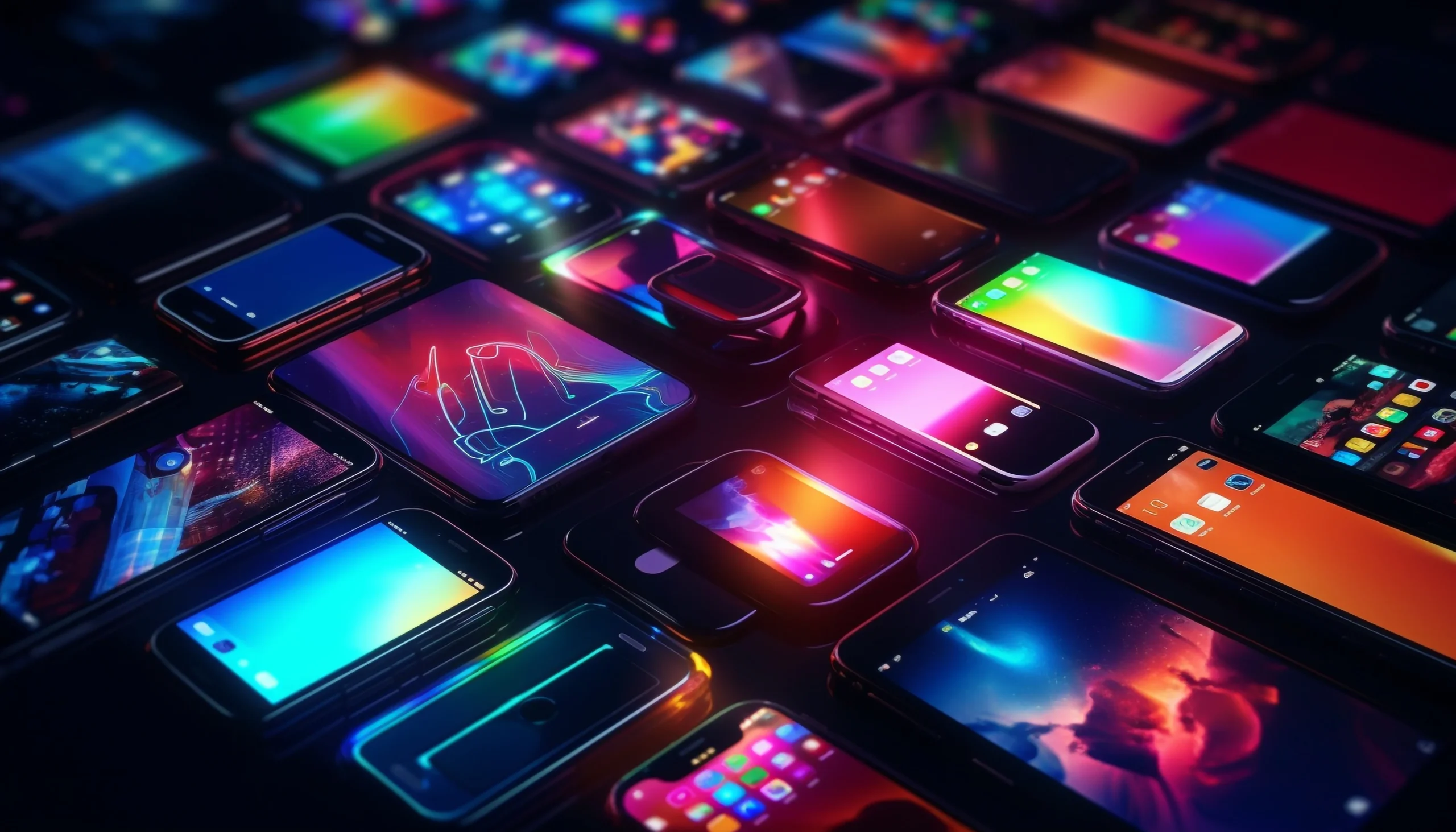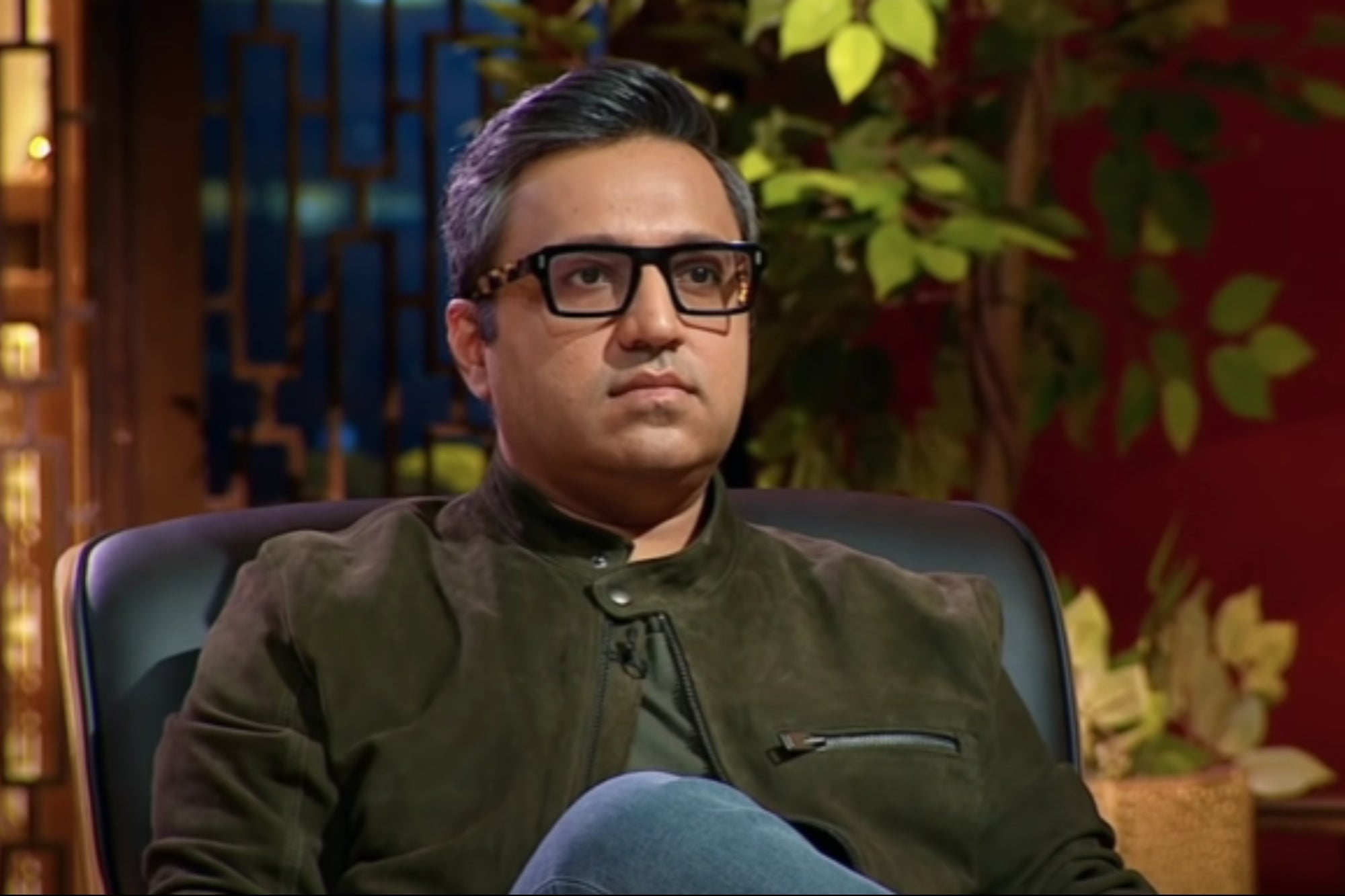Finding Your best phone in the world . In the ever-evolving landscape of mobile technology, the battle between iPhone and Android continues to captivate consumers, leaving many puzzled: Which phone truly reigns supreme?
While there’s no one-size-fits-all answer, finding the perfect match ultimately depends on your individual needs and preferences.
Let’s navigate through the mobile jungle and explore the key differences to help you discover your ideal mobile companion.

When considering buying the best phone in the world, it’s essential to take several factors into account to ensure you find the perfect fit for your needs and preferences. Here are some key things to consider:
-
Operating System (OS): Determine whether you prefer iOS (iPhone) or Android. Each OS has its strengths and weaknesses, so choose the one that aligns with your usage habits and preferences.
-
Hardware Specifications: Look at the phone’s hardware specifications, including processor speed, RAM, storage capacity, display quality, and battery life. Opt for a phone with robust hardware that meets your usage demands.
-
Camera Quality: Consider the camera capabilities if photography is important to you. Look for features like megapixel count, aperture size, optical image stabilization, and advanced camera modes for capturing high-quality photos and videos.
-
Display: Evaluate the display size, resolution, and technology (e.g., OLED, AMOLED, LCD) to ensure a visually immersive experience. Choose a display size and resolution that suits your viewing preferences, whether for watching videos, gaming, or productivity tasks.
-
Battery Life: Assess the battery capacity and battery life of the phone to ensure it can last through a typical day of usage. Look for phones with fast charging capabilities or wireless charging support for added convenience.
By carefully considering these factors, you can narrow down your options and find the best phone that meets your specific needs, preferences, and budget, ultimately ensuring a satisfying and enjoyable mobile experience.
iPhone vs Android

| Feature | iPhone | Android |
|---|---|---|
| Hardware and Software Ecosystem | Closed ecosystem | Open ecosystem |
| Manufacturer | Apple | Google, Samsung, Microsoft, Garmin, and others |
| Built-in Assistant | Siri | Google Assistant, Amazon Alexa, Samsung Bixby |
| Additional Assistant Compatibility | Compatible with Google Assistant, Amazon Alexa, and Samsung Bixby | Also compatible with Amazon Alexa and Samsung Bixby |
| Availability of Versions | Fewer versions available at a time | Available with a variety of features and prices |
| Feature Implementation | Features limited to what Apple implements | Available with various features and options |
| App Source | Apps primarily from the App Store | Apps from both official and unofficial sources |
Best Phone in the World: Key Factors to Consider

When considering the best phone to buy, whether it’s an iPhone or an Android device, there are several key factors to take into account:
1. Operating System (OS):
- iPhone (iOS): Known for its intuitive user interface, seamless integration with other Apple devices, and strong focus on privacy and security.
- Android: Offers a wide variety of customization options, diverse hardware choices from various manufacturers, and integration with Google services.
2. Hardware Specifications:
- iPhone: Apple designs both the hardware and software, resulting in optimized performance and efficient use of resources.
- Android: Hardware specifications vary widely depending on the manufacturer and model, offering a range of choices in terms of processing power, RAM, storage capacity, and more.
3. Ecosystem Compatibility:
- iPhone: Works seamlessly with other Apple products and services such as iCloud, iMessage, FaceTime, and Apple Watch.
- Android: Offers integration with Google services like Gmail, Google Drive, Google Photos, and compatibility with a wide range of third-party apps and devices.
4. App Availability:
- iPhone: The Apple App Store offers a vast selection of high-quality apps and games, often receiving new app releases and updates first.
- Android: Google Play Store has a diverse range of apps and games, including many customization options and exclusive offerings.
5. Device Variety and Customization:
- iPhone: Limited device options with consistent design aesthetics and fewer customization options compared to Android.
- Android: Wide variety of devices from various manufacturers, each offering unique features, designs, and customization options.
6. Software Updates:
- iPhone: Apple provides regular and timely software updates for several years, ensuring devices receive the latest features, performance improvements, and security patches.
- Android: Software update availability varies depending on the manufacturer and carrier, with some devices receiving updates for longer periods than others.
7. Price Range:
- iPhone: Generally higher upfront costs, with a range of models available at different price points, including flagship, mid-range, and budget options.
- Android: Offers a wide range of devices spanning various price ranges, from budget-friendly options to premium flagship smartphones.
8. Personal Preference:
- Ultimately, the decision between an iPhone and an Android device comes down to personal preference, including factors such as design aesthetics, user experience, ecosystem loyalty, and brand affinity.
Consider these factors carefully to determine which type of phone, iPhone or Android, best aligns with your preferences, needs, and budget, ensuring a satisfying and enjoyable mobile experience.
Please share your thoughts in comment about , at theproductrecap.com we are open to friendly suggestions and helpful inputs to keep awareness at peak.




